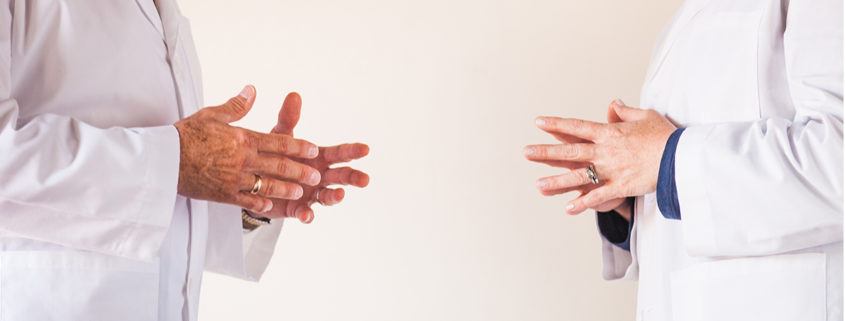6 Questions to Ask Before Choosing a Hormone Therapy Physician
People often spend hours researching their symptoms to find out what’s wrong with their health.
But they’re quicker to the punch when it comes to finding a physician to treat those symptoms.
Knowing who to seek help from is just as important as knowing why you need treatment in the first place.
So, if you’re ready to start your hormone replacement therapy plan, here are a few questions you should ask to before choosing a physician.
1. What are your qualifications?
Like dentists and general practitioners, you have options when it comes to deciding where you go (or who you go to) for hormone replacement therapy.
To narrow down that list, invest time and energy in learning more about the skills and training of each doctor.
You can ask these questions directly or find the answer on the clinic’s website.
2. Do you keep up-to-date with the latest medical advancements?
Hormone replacement therapy is a steadily evolving science. Your doctor should stay up-to-date on news, alternatives and recent research studies so that she can provide you with the right treatment.
You can find out by asking if he attends conferences, seminars or pursues further education in her field.
3. Do I need hormone replacement therapy? If so, why?
You may not need hormone replacement therapy, and that’s okay. But what’s not okay is if your physician or clinic can’t explain the specific details of why you qualify or don’t qualify for it.
Your doctor should take the time to get to know your medical history, eating habits and lifestyle.
If the physician or clinic seems to give everyone a stamp of approval, you may need to get a second opinion.
4. How will you find the right dose of hormones for me?
There isn’t a one-size-fits-all approach to hormone therapy.
A knowledgeable physician will show you the steps they take to decide what dose is right for your body. And this goes back to the question above—that dosage will depend on your overall health and medical history.
If the doctor skips the getting-to-know-you session and goes straight to lab work and trials, you may not be getting a custom therapy plan.
5. What do you expect from me as your patient?
As you may have noticed, we can’t stress enough that hormone therapy is most effective when you evaluate your life as a whole.
A good physician will give you suggestions on how much you should exercise, what you should eat, and any other factors that may be contributing to your low testosterone or estrogen levels.
They should expect you to take an active role in this therapy, so, be ready.
6. What type of hormones do you use in your practice?
The right answer to this question is simple—bio-identical hormones.
You can learn more about bio-identical hormones here, but, in short, they’re hormones that are identical to the ones naturally existing in your body, which means your body recognizes and uses them just as it would your real hormones.
Synthetics hormones offer only partial, temporary fixes to your problem. And you experience more side effects with the potential for serious health issues.
It’s also important to consider how well you connect with a physician. If a doctor hits all the right marks, but you don’t feel comfortable being honest and open about your health, then he might not be right for you.
Many reputable clinics, like our own, offer a free initial consultation, so you have an opportunity to ask these questions. If you’re ready to learn more, you can contact us here.

